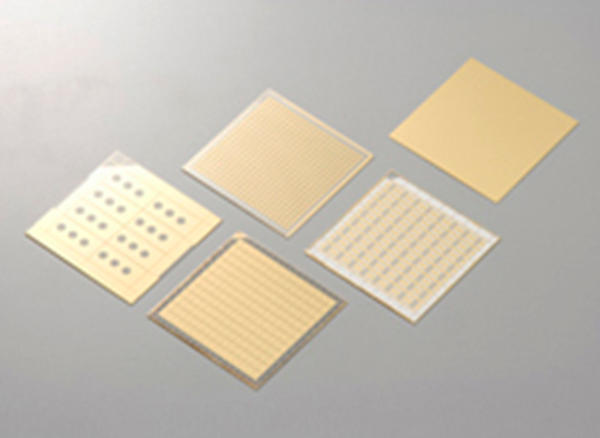Among the ceramics employed as electronic substrates and packages the dominant material is alumina aluminum oxide al.
Ceramic substrates and packages for electronic applications.
Over 150 us companies produce or supply electronic ceramics.
The insulating properties of ceramics are well known and these properties have found application in advanced ceramic materials for substrates and packages.
The materials and products are described in this article.
At the same time the vacuum tight housings and substrates must.
Rubalit 708 s with 96 al 2 o 3.
Kyocera ecu substrates provide high density circuit design high temperature durability good heat dissipation and high reliability with multilayer ceramics.
Substrates made from rubalit alumina ceramics.
The outstanding surface quality on both sides makes it the perfect companion for any commercial thick film paste and even makes it suitable for a number of thin film applications sputtering.
The most economically important types of electronic ceramics include substrates integrated circuit ic packages and multichip modules capacitors ferrites insulators piezoelectrics and superconductors world electronics development 1998.
Hermetic microelectronic packages also often referred to as hybrid packages multi chip module housings or ic packages are used to package and thereby protect sensitive electronic components and complete electrical assemblies from harsh environmental conditions including high temperature shock and vibration resistance.
Direct bonded copper dbc substrates are commonly used in power modules because of their very good thermal conductivity they are composed of a ceramic tile commonly alumina with a sheet of copper bonded to one or both sides by a high temperature oxidation process the copper and substrate are heated to a carefully controlled temperature in an atmosphere of nitrogen containing about 30 ppm.






